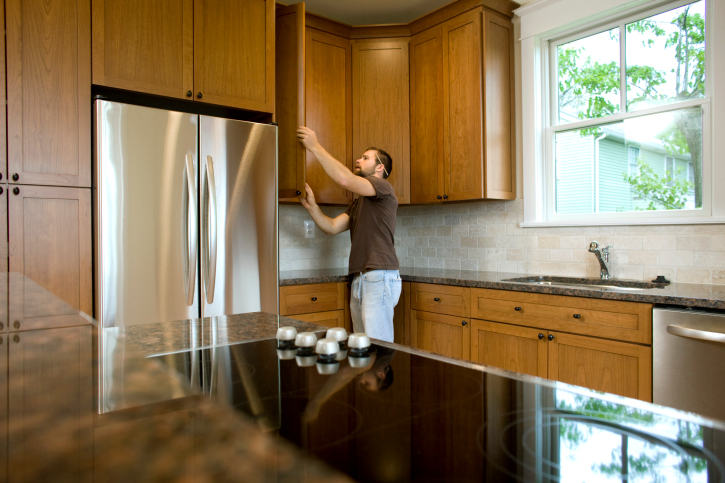Buying or Selling, Here Are Three Traits You’ll Want in Your Real Estate Agent
 For both buyers and sellers, choosing the right real estate agent is an important and difficult decision, but making the right selection is critical. Consider the following essential characteristics for a real estate agent before signing a contract:
For both buyers and sellers, choosing the right real estate agent is an important and difficult decision, but making the right selection is critical. Consider the following essential characteristics for a real estate agent before signing a contract:
Experience
An agent must understand the real estate market as well as the practices and processes of buying and selling. While a new agent may have energy and desire, experienced agents will be able to offer insights and experiences which are likely to give their clients the edge in their deal. Experience also indicates negotiating skill.
Of course an agent must be licensed, but they must also be knowledgeable about the specific neighborhoods and types of property their clients are interested in buying or selling. Commercial properties are much different than residential properties, for example, so find an agent with the experience you need.
Creativity
Since a variety of problems can happen at any point in a real estate deal, a real estate agent should be able to solve problems creatively. An agent who helps their clients think through problems, offers reasonable alternatives or finds a way to overcome obstacles is invaluable to both buyers and sellers.
Marketing is essential in the real estate world, so an agent who knows how to creatively use technology to entice buyers or to locate homes is a benefit. Buyers usually start their search online, so an appealing, user-friendly and updated website is essential. For sellers, videos are often the best way to display the best features of a home. These are today’s real estate tools, so an agent who knows how to use them has a better chance of making an effective deal for their clients.
Honesty
Home sellers need someone who will be realistic with them about the value of their home, no matter what other homes in the neighborhood are selling for or what the sellers think their home is worth. Home buyers need an agent who will tell them, for example, that consistently under-bidding in order to get more home for their money is not a viable strategy. These conversations are difficult, but an honest agent will have them in order to achieve a successful result.
Another aspect of honesty is maintaining consistent communication in whatever form suits their clients. Even if there is nothing new to discuss, a quick update to say that nothing is happening is essential to maintaining trust. Silence is a sign of denial or worse, so an agent who communicates regularly is being honest with their clients.
Finally, an agent should be honest enough to put their client’s interest ahead of their own, showing the client every house that fits the criteria and not just those that will get the agent the biggest commission. An effective seller’s agent will give their clients the feedback they receive from potential buyers, even if the news is discouraging. Keeping problem areas from a seller may keep the relationship friendly, but it does not put the seller’s interest above the agent’s.

 Both seasoned homeowners and first-time buyers know making the decision to purchase a new home is not one that is taken lightly. There are so many things to consider, from choosing a home with growth potential to finding a community to support a family’s interests and lifestyle.
Both seasoned homeowners and first-time buyers know making the decision to purchase a new home is not one that is taken lightly. There are so many things to consider, from choosing a home with growth potential to finding a community to support a family’s interests and lifestyle. Sometimes, when buying – or even thinking about buying real estate for investment purposes, you’re faced with the need to fix up the property.
Sometimes, when buying – or even thinking about buying real estate for investment purposes, you’re faced with the need to fix up the property.